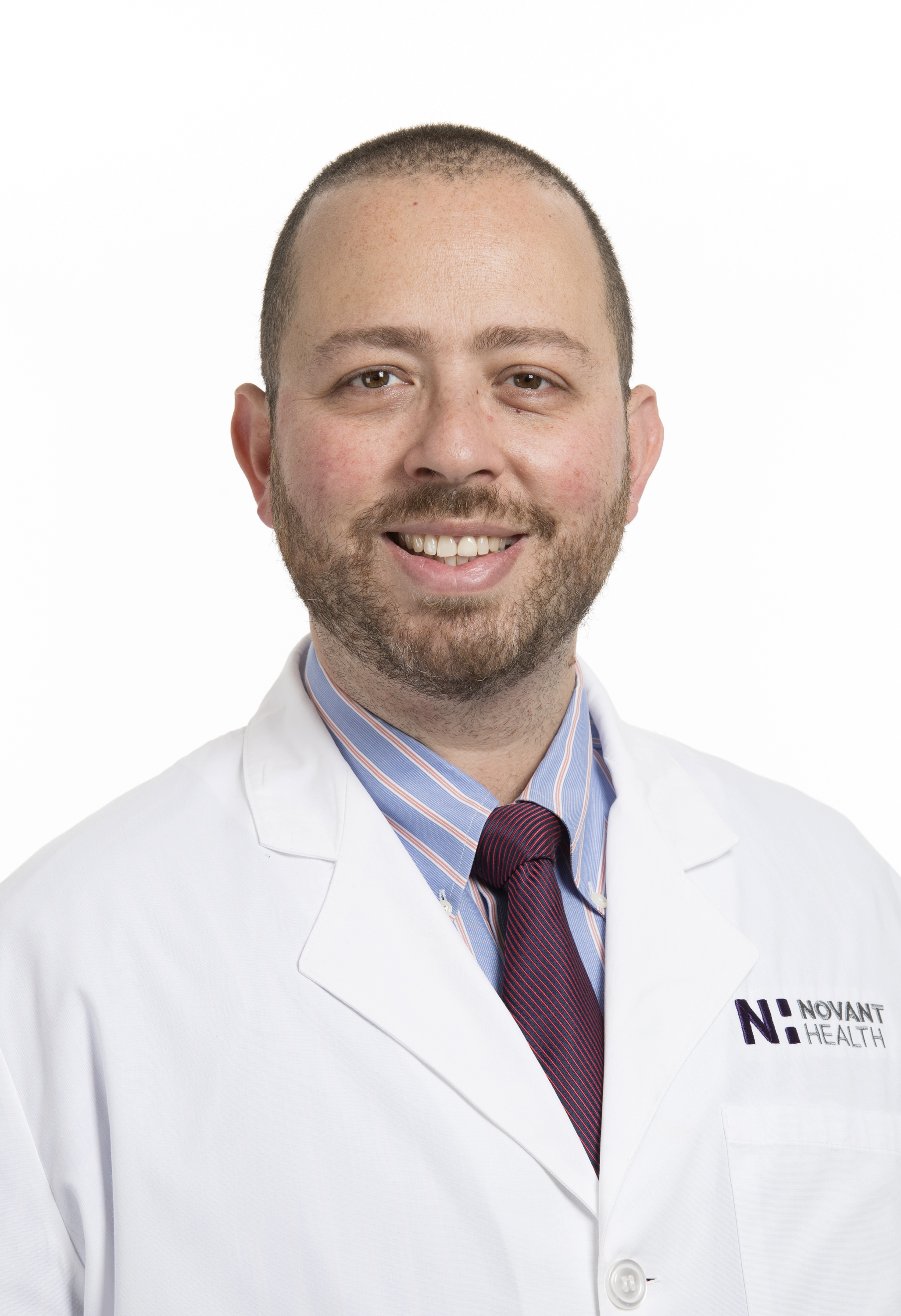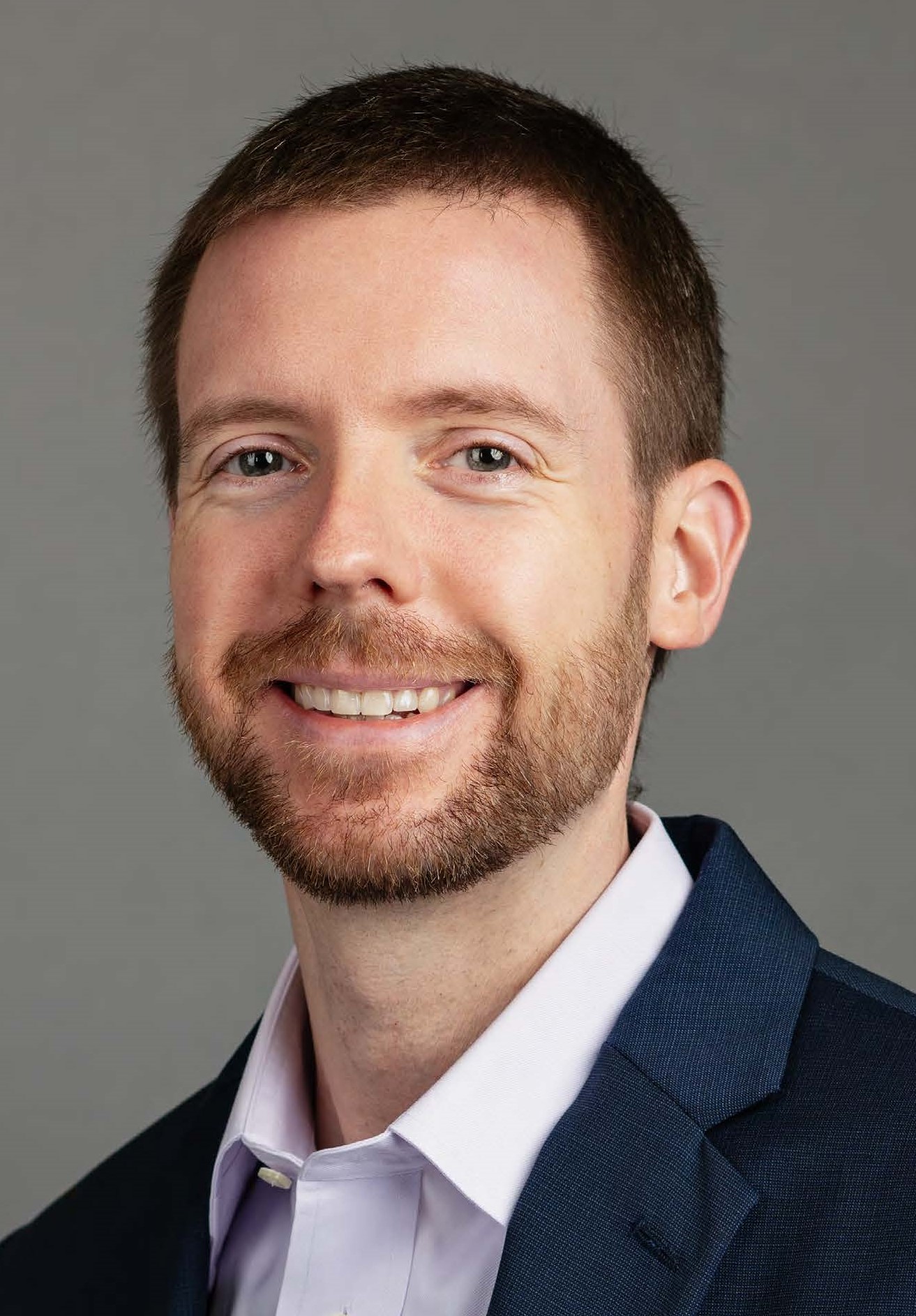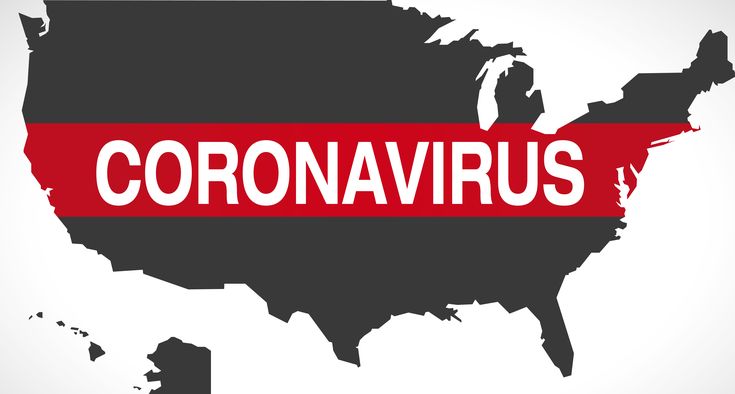Dr. Alan Skarbnik was visiting family in Brazil last month when travel bans were announced because of the COVID-19 pandemic. It threatened his return to the U.S, so Skarbnik cut short the vacation by two days. Luckily, he found a flight home.
“I enjoy visiting my family, but I didn’t want to be stuck there and not be able to treat patients,” said Skarbnik, an oncologist at Novant Health Cancer Institute in Charlotte.
His return was followed by 10 straight days at the hospital.

Since then, the Cancer Institute has established two teams that alternate care to help minimize exposure and keep team members somewhat fresh. “Everyone in the system is working hard,” Skarbnik said. “Our patients are understanding of the situation and we’re here to help our patients. The hardest part is the no-visitor policy.”
Many of Skarbnik’s patients were being extra careful before the COVID-19 outbreak. Their strategy to avoid a virus wasn’t altered much.
“Our patient population is immune-compromised, so we’re always trying to protect them as much as possible,” Skarbnik said. Cancer and its treatment often can put patients at greater risk for infection.
Health care providers, including Skarbnik, continue to treat patients in a different landscape than what was normal a couple months ago. They might not all work on the front lines, but they’re not far from it. COVID-19 has changed procedures and plans. In Skarbnik’s specialty – dealing with cancer patients - it’s often a reinforcement.
“Our patients are always under a stay-at-home order,” he said. “We urge them not to go to the grocery, and not have more than one (additional) person in the house. They’ve been educated about the risks, and they understand.”
Keeping supplies nearby
Dr. Josh Hughes' act of planning ahead is helping keep people safe.

Hughes, the assistant director of the emergency department at Novant Health Presbyterian Medical Center in Charlotte, has made a huge effort to have an intubation kit ready and at the bedside for those patients suffering with coronavirus. Intubation is the delicate, tricky, process of inserting a tube (called an endotracheal tube) through the mouth and then into the airway. It is done so that a patient can be placed on a ventilator to assist with breathing.
“It is one of the riskier things we do” around caring for coronavirus patients, Hughes said. Intubating generates aerosols and droplets, which can expose health care workers to COVID-19.
Hughes’ effort to have a supply kit at bedside eliminates the need to scurry about for additional supplies, or exit the room.
“The bag has everything in it,” he said. “You can take exactly what you need.”
Hughes, like all emergency room providers, is accustomed to working in high-stress situations. That mindset has been heightened during the coronavirus pandemic.
“Someone has to take care of these people who are sick and suffering,” he said. “Sometimes it’s challenging and at times can be a dirty job. We’re here to help.”
Transporting as safely as possible
Moving patients between Novant Health facilities became more stressful when COVID-19 spread across the region.

Dr. Josh Loyd’s job is to keep that movement safe, efficient and as worry-free as possible. He’s the medical director for Novant Health’s Critical Care Transport and Med Flight programs.
That includes ground ambulances in the Charlotte and Winston-Salem markets that travel “inter-facility,” and that’s usually from a smaller hospital to a larger one. Loyd also oversees the medical flight team (helicopters) that is based in Rowan County.
“The workload has definitely increased as we try to get prepared for a possible surge,” he said. “We determine what level of protection people need in the back of an ambulance, and have to get PPE (personal protection equipment) that’s right for them.”

He oversees the vehicles, but also the nurses, EMTs and paramedics that occupy them.
Loyd said that for now, one ambulance in each market has been designated for transporting COVID-19 patients. It helps limit the potential spread of the virus. The drawers in that designated vehicle are sealed, and it is decontaminated after each patient transport.
Novant Health team members are on the front lines in the battle against the COVID-19 pandemic. Novant Health Foundation has established a new fund dedicated to supporting our teams, as well as the overall response to the pandemic. Contributions will support team members and help fund testing and medication to support patient care, as well as medical supplies.To donate, click here.






